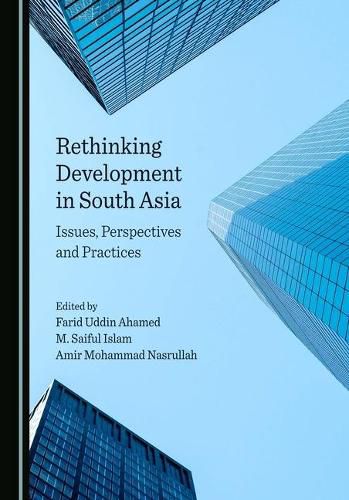Readings Newsletter
Become a Readings Member to make your shopping experience even easier.
Sign in or sign up for free!
You’re not far away from qualifying for FREE standard shipping within Australia
You’ve qualified for FREE standard shipping within Australia
The cart is loading…






This book challenges the way development has been conceptualized and practiced in South Asian context, and argues for its deconstruction in a way that would allow freedom, choice and greater well-being for the local people. Far from taking development for granted as growth and advancement, this book unveils how development could also be a destructive force to local socio-cultural and environmental contexts. With a critical examination of such conventional development practices as hegemonic, patriarchal, devastating and failure, it highlights how the rethinking of development could be seen as a matter of practice by incorporating people’s interest, priorities and participation. The book theoretically challenges the conventional notion of hegemonic development and proposes alternative means, and, practically, provides nuances of ethnographic knowledge which will be of great interest to policy planners, development practitioners, educationists and anyone interested in knowing more about how people think about their own development.
$9.00 standard shipping within Australia
FREE standard shipping within Australia for orders over $100.00
Express & International shipping calculated at checkout
This book challenges the way development has been conceptualized and practiced in South Asian context, and argues for its deconstruction in a way that would allow freedom, choice and greater well-being for the local people. Far from taking development for granted as growth and advancement, this book unveils how development could also be a destructive force to local socio-cultural and environmental contexts. With a critical examination of such conventional development practices as hegemonic, patriarchal, devastating and failure, it highlights how the rethinking of development could be seen as a matter of practice by incorporating people’s interest, priorities and participation. The book theoretically challenges the conventional notion of hegemonic development and proposes alternative means, and, practically, provides nuances of ethnographic knowledge which will be of great interest to policy planners, development practitioners, educationists and anyone interested in knowing more about how people think about their own development.